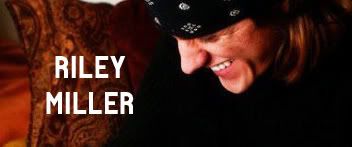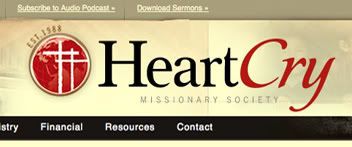 "And the Lord God said, Behold, the man is become as one of us, to know good and evil: and now, lest he put forth his hand, and take also of the tree of life, and eat, and live for ever: Therefore the Lord God sent him forth from the garden of Eden, to till the ground from whence he was taken. So he drove out the man; and he placed at the east of the garden of Eden cherubims, and a flaming sword which turned every way, to keep the way of the tree of life." Genesis III, 22-24
"And the Lord God said, Behold, the man is become as one of us, to know good and evil: and now, lest he put forth his hand, and take also of the tree of life, and eat, and live for ever: Therefore the Lord God sent him forth from the garden of Eden, to till the ground from whence he was taken. So he drove out the man; and he placed at the east of the garden of Eden cherubims, and a flaming sword which turned every way, to keep the way of the tree of life." Genesis III, 22-24Observe here, how they were justly disgraced and shamed before God and the holy angels, by the ironical upbraiding of them with the issue of their enterprise: "Behold, the man has become as one of us, to know good and evil! A goodly god he makes! Does he not? See what he has got, what preferments, what advantages, by eating forbidden fruit!" This was said to awaken and humble them, and to bring them to a sense of their sin and folly, and to repentance for it, that, seeing themselves thus wretchedly deceived by following the devil's counsel, they might henceforth pursue the happiness God should offer in the way he should prescribe. God thus fills their faces with shame, that they may seek his name, Ps. lxxxiii. 16. He puts them to this confusion, in order to their conversion. True penitents will thus upbraid themselves: "What fruit have I now by sin? Rom. vi. 21. Have I gained what I foolishly promised myself in a sinful way? No, no, it never proved what it pretended to, but the contrary."
"He turned him out, from the garden to the common. This is twice mentioned: He sent him forth v.23), and then he drove him out, v. 24. God bade him go out, told him that that was no place for him, he should no longer occupy and enjoy that garden; but he liked the place too well to be willing to part with it, and therefore God drove him out, made him go out, whether he would or no. This signified the exclusion of him, and all his guilty race, from that communion with God which was the bliss and glory of paradise. The tokens of God's favour to him and his delight in the sons of men, which he had in his innocent estate, were now suspended; the communications of his grace were withheld, and Adam became weak, and like other men, as Samson when the Spirit of the Lord had departed from him. His acquaintance with God was lessened and lost, and that correspondence which had been settled between man and his Maker was interrupted and broken off. He was driven out, as one unworthy of this honour and incapable of this service. Thus he and all mankind, by the fall, forfeited and lost communion with God. But whither did he send him when he turned him out of Eden? He might justly have chased him out of the world (Job xviii. 18), but he only chased him out of the garden. He might justly have cast him down to hell, as he did the angels that sinned when he shut them out from the heavenly paradise, 2 Pet. ii. 4. But man was only sent to till the ground out of which he was taken. He was sent to a place of toil, not to a place of torment. He was sent to the ground, not to the grave,—to the work-house, not to the dungeon, not to the prison-house,—to hold the plough, not to drag the chain. His tilling the ground would be recompensed by his eating of its fruits; and his converse with the earth whence he was taken was improvable to good purposes, to keep him humble, and to remind him of his latter end. Observe, then, that though our first parents were excluded from the privileges of their state of innocency, yet they were not abandoned to despair, God's thoughts of love designing them for a second state of probation upon new terms."



















No comments:
Post a Comment